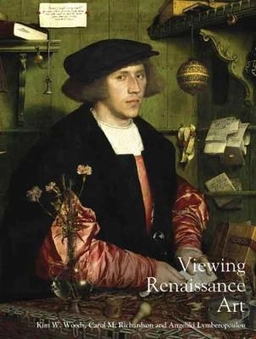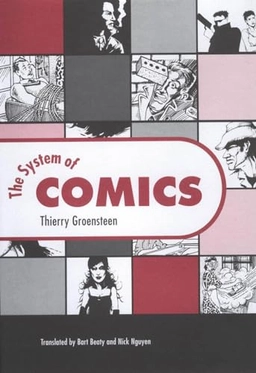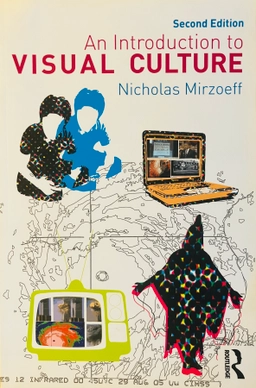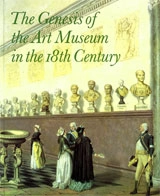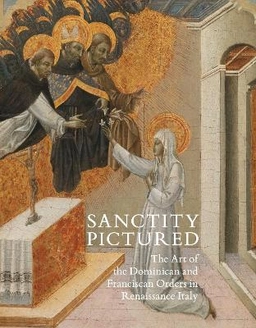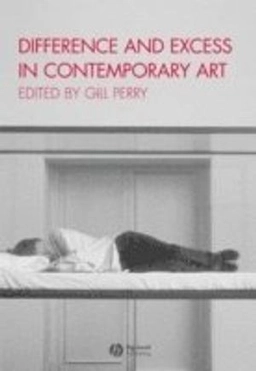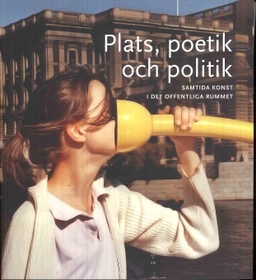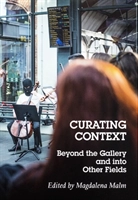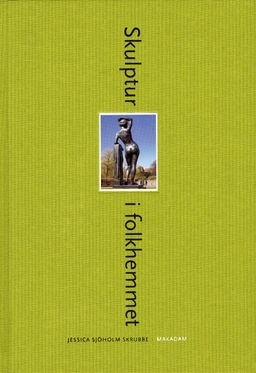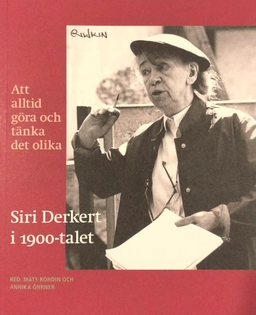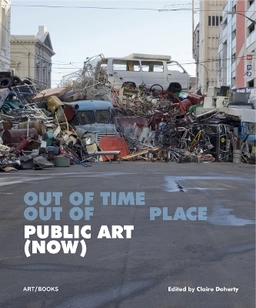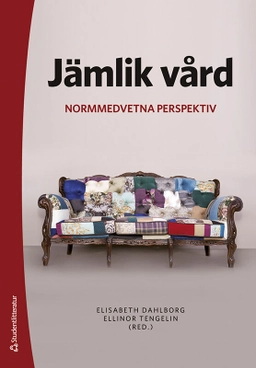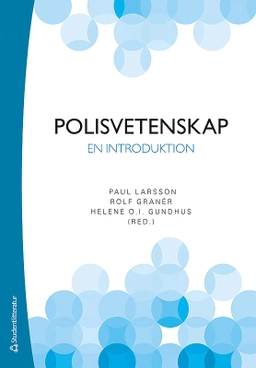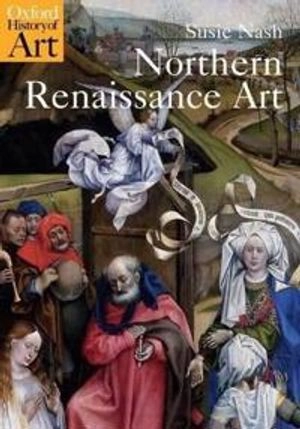

Northern Renaissance art
- Utgiven: 2008
- ISBN: 9780192842695
- Sidor: 368 st
- Förlag: Oxford University Press
- Format: Häftad
- Språk: Engelska
Om boken
Åtkomstkoder och digitalt tilläggsmaterial garanteras inte med begagnade böcker
Mer om Northern Renaissance art (2008)
2008 släpptes boken Northern Renaissance art skriven av Susie Nash. Den är skriven på engelska och består av 368 sidor. Förlaget bakom boken är Oxford University Press.
Köp boken Northern Renaissance art på Studentapan och spara pengar.
Referera till Northern Renaissance art
Harvard
Oxford
APA
Vancouver
